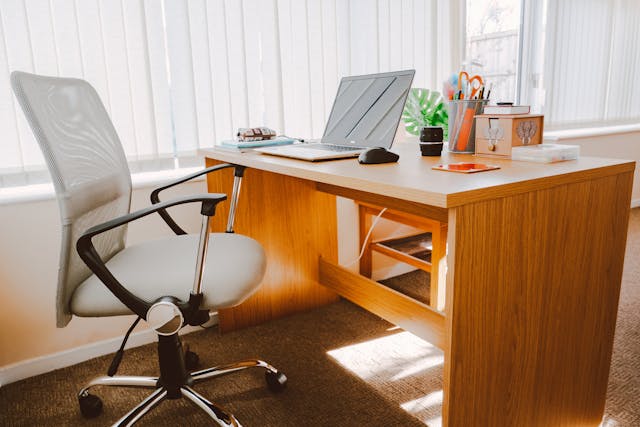
Organizations always look for methods to maximize operations and improve efficiency in the hectic corporate scene of today. Equipment leasing is one practical approach to reaching these objectives. Instead of paying large upfront costs for equipment, businesses can access the newest technology, free up capital, and lessen operational burdens by choosing to lease instead of buy. This strategy helps businesses remain adaptable and competitive in their particular sectors, as well as provides financial flexibility. Beyond basic cost reductions, equipment leasing offers better cash flow management, tax advantages, and seamless scaling ability.
Enhance Cash Flow Management
Regardless of size or sector, efficient cash flow management is essential for any kind of business. Leasing equipment is a sensible way to keep working capital and liquidity intact. Leasing equipment allows businesses to avoid the usually associated upfront expenses of buying. Instead, monthly leasing payments are often less than financing or outright acquisitions, which allows companies to allocate their resources to other vital areas such as marketing, staff, or research & development. This flexibility is especially helpful for new businesses or small businesses that might not have large capital reserves. Predictable monthly costs help companies manage their budget and prevent financial strain, therefore ensuring a better cash flow situation.
Access to the Latest Technology
Maintaining a competitive edge in industries where technological advancements happen quickly requires staying up to date with the latest tools and innovations. Purchasing equipment often results in obsolescence as new, improved models are always being released. Leasing allows companies to use cutting-edge technology without committing to long-term ownership. Usually covering shorter terms, leasing agreements enable businesses to replace their equipment more often. This access to the latest tools and equipment improves output and efficiency, therefore helping companies to provide their consumers with higher-quality products and services. Furthermore, equipment leasing companies often provide maintenance and support, allowing businesses to rely on their equipment without the burden of ownership responsibilities.
Mitigate Financial Risks
Every investment involves risks, and equipment purchases are no exception. Leasing can effectively mitigate these financial risks. Choosing a lease allows businesses to save money on depreciation on owned equipment. When equipment gets older, its value decreases, which could lead to large losses if the equipment needs to be traded in or sold. Leasing shifts the burden to the leasing firm, which keeps ownership and handles any variations in resale value. Moreover, companies are not bound by long-term obligations, which gives them more freedom to react to changes in the market. If a certain piece of equipment fails to satisfy operational requirements, the lease can be adjusted or terminated, therefore reducing the financial consequences of underperformance of assets.
Tax Advantages
Leasing equipment can provide significant tax benefits to businesses. Usually, tax-deductible as a business cost, lease payments provide instant financial relief. Reduced taxable income from this tax deduction will help businesses pay less taxes and boost cash flow. Furthermore, depending on the lease form, companies might benefit from possible sales tax savings. While leasing usually spreads these costs over the lease term, making the overall tax burden more manageable, buying equipment may involve additional costs, such as sales tax on the entire purchase price. Businesses should consult with tax experts to learn the particular tax benefits associated with leasing in their region, as local tax regulations will affect the benefits.
Partnering with an Equipment Leasing Company for Long-Term Success
Collaborating with an equipment leasing company provides companies a strategic partnership that can help with long-term growth, not just access to necessary equipment. These businesses specialize in creating customized leasing solutions with lease periods, upgrade options, maintenance services, and flexibility in mind to meet specific corporate requirements. Businesses can offload the hassles of equipment management and concentrate on their core competencies by partnering with an equipment leasing company. Moreover, leasing companies usually have strong industry expertise and provide professional advice on the latest technology and market trends, thereby helping businesses remain competitive. This collaboration is critical for businesses seeking to maintain operational agility while staying current with industry advancements.
Conclusion
Accepting equipment leasing as a strategic option offers several benefits and greatly simplifies company operations. From improving cash flow management to gaining the latest technologies and reducing financial risks, leasing equips businesses with the tools they need to survive in a competitive environment. The tax benefits and adaptability in expanding activities validate leasing as a practical choice for companies seeking to optimize effectiveness and control expenses. As businesses navigate the complexities of their respective markets, partnering with an equipment leasing company becomes a critical strategy for long-term growth and success.
